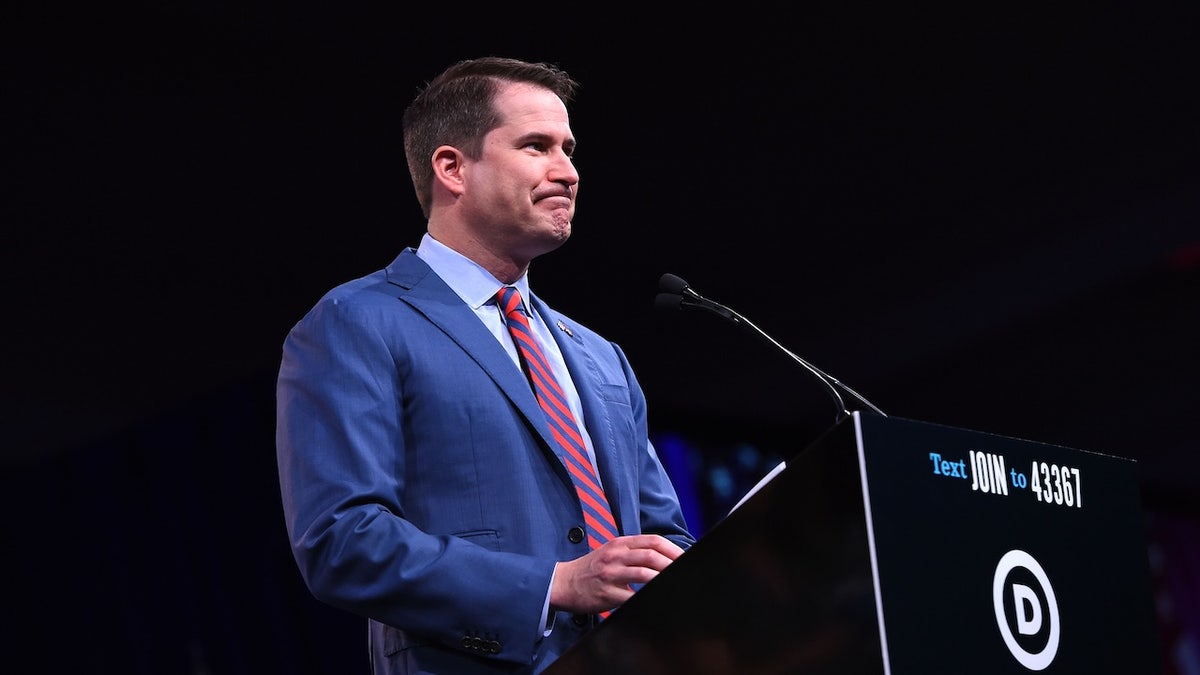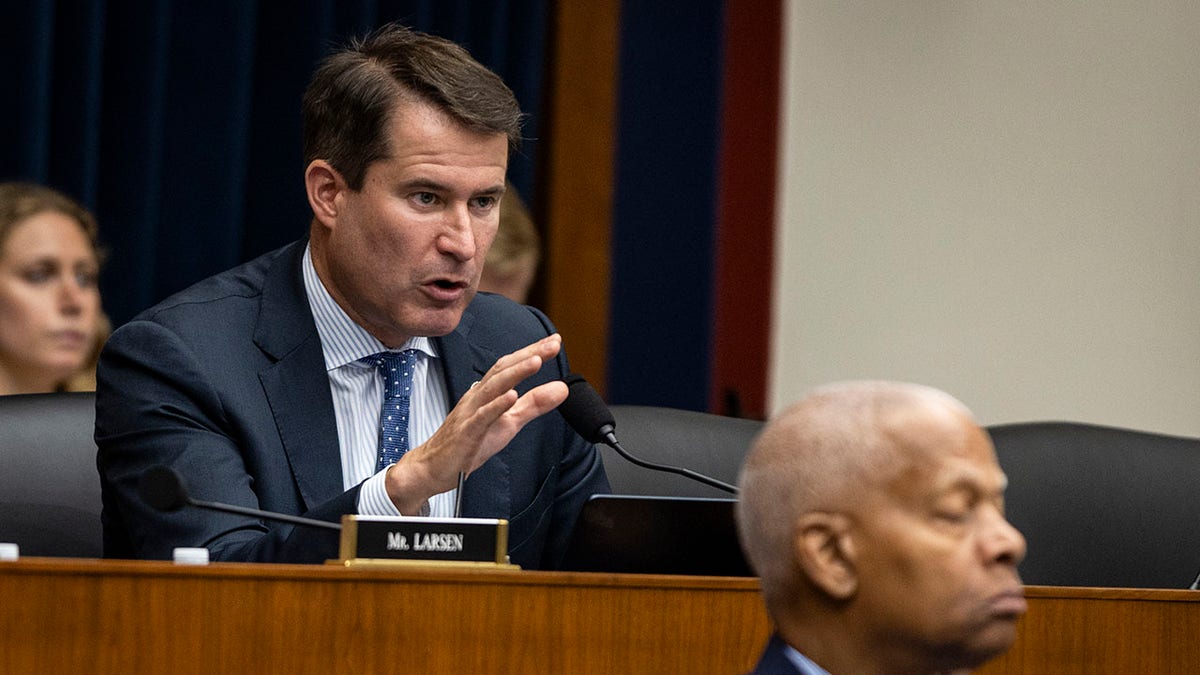Massachusetts Democratic Representative Seth Moulton continues to face criticism from within his own party for his outspoken views on transgender athletes competing in women's sports. Despite the backlash, including calls for his resignation and protests outside his office, Moulton remains firm in his position.
In a recent interview on CBS News' "The Takeout," Moulton reiterated his belief that there should be restrictions in certain sports to prevent biological males from competing against females. He stated that he's spoken with members of the LGBTQ+ community who support his viewpoint, emphasizing the need for open dialogue on this sensitive topic.

Moulton shared anecdotes of conversations with transgender individuals who, he says, agree with him on the necessity for some limitations on transgender participation in women's sports. He suggested that such compromises might pave the way for broader civil rights protections for transgender individuals. He also criticized Vice President Kamala Harris for not addressing concerns about the Democratic Party's stance on transgender rights and her past support for taxpayer-funded sex changes for prisoners. Moulton argued that avoiding these discussions weakens the party and prevents them from understanding the potential consequences of pro-transgender legislation.

Moulton's stance has drawn considerable ire from within his party, especially following his comments in a New York Times article after the recent presidential election. In the article, he attributed the Democratic Party's perceived overemphasis on transgender inclusion in sports as a contributing factor to their election loss. He expressed frustration at being expected to suppress his concerns as a father of two daughters.

Despite facing calls for his resignation and a protest outside his Salem office, Moulton published an opinion piece in the Washington Post defending his position and criticizing the Democratic Party's intolerance of dissenting opinions. He argues that the party's refusal to engage in open dialogue on complex issues hinders their ability to connect with voters and achieve electoral success.
Comments(0)
Top Comments